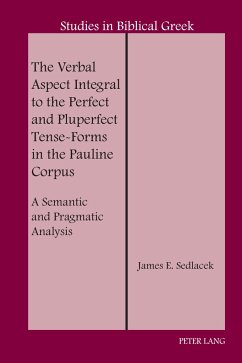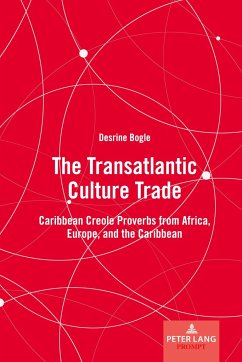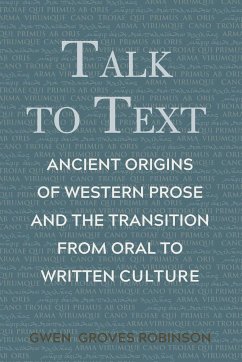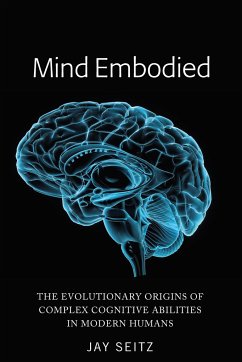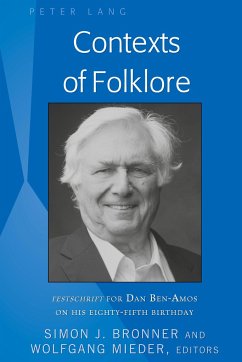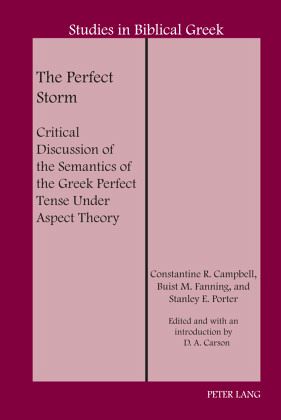
The Perfect Storm
Critical Discussion of the Semantics of the Greek Perfect Tense Under Aspect Theory
Mitarbeit: Carson, D.A.;Herausgegeben: Carson, D.A.
Versandkostenfrei!
Versandfertig in 6-10 Tagen
94,30 €
inkl. MwSt.
Weitere Ausgaben:

PAYBACK Punkte
0 °P sammeln!
Nowhere are the chaotic debates surrounding contemporary aspect theory more heated than in discussions of the theory's application to Hellenistic Greek, and especially its understanding of the semantics of the Greek perfect tense. This book is a distilled academic debate among three of the best-known scholars on the subject, each defending his own unique interpretation while engaging the other two. The Perfect Storm will prove an indispensable resource for any scholar seeking to write convincingly on the Greek perfect in the future.




